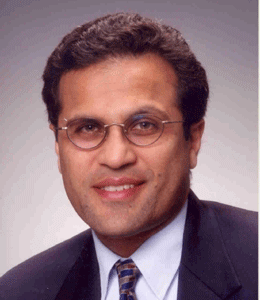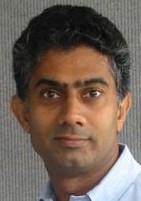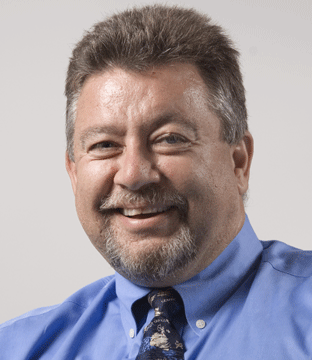|
Consumerization of Electronics and Nanometer Technologies: Implications for Manufacturing Test
Sanjiv Taneja Vice President, Encounter Test business unit Cadence Design Systems
Test has long been recognized as the bridge between Design and Manufacturing. However, innovation and deep integration in design and test tools has not kept pace with the consumerization of electronics and the rapidly evolving nanometer IC design and manufacturing. As a result, the full potential of Test has not been harnessed by the mainstream semiconductor community. The consumerization of electronics places significant new demands on low power, correctness and time-to-volume production. The rapid advances in nanometer technologies pose additional set of challenges due to the advanced physics effects and higher scales of transistor integration. The EDA industry needs to establish a new paradigm and a "deep integration" to meet these challenges. During the design phase, a power-aware DFT architecture must integrate tightly with low power design and implementation flow. Later, during the manufacturing phase, the benefits of DFT must be seamlessly harnessed for rapid scan diagnostics based yield learning using not only logic information from the design database but also using layout timing and power information. This keynote will discuss these challenges and possible solutions and scenarios.
About Sanjiv Taneja Sanjiv Taneja is Vice President of the Encounter Test business unit at Cadence Design Systems. Under his leadership for the last two-and-a-half years, Cadenceís Test business has emerged in a stronger strategic, technological and product positions through a holistic strategy for manufacturing Test and deep, collaborative relationships with its customers and Test ecosystem partners.
Mr. Taneja started his career at Bell Labs in Murray Hill, NJ where he spent over 13 years in EDA software development and led the Custom/Analog Layout Automation group prior to the acquisition of Bell Labs Design Automation group by Cadence in 1998. Mr. Taneja holds a BS degree in Electrical Engineering from Indian Institute of Technology, New Delhi, a MS degree in Computer Science from Ohio State University, and MBA from New York University
|


